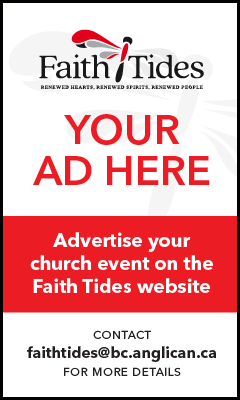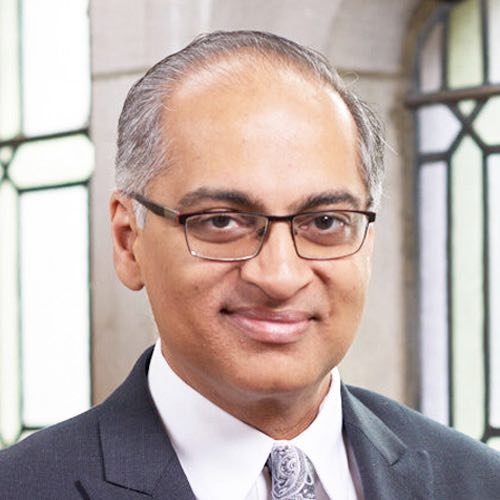Menacing danger sets the tone in Matthew’s telling of the Christmas story. Why? Might the danger inherent in the Messiah’s birth be worth remembering lest we forget it amidst the light-filled cuddle fest of Christmas? Immediately after Matthew presents Jesus’ genealogy and the story of Jesus’ miraculous conception, Herod looms large.
In the time of King Herod, after Jesus was born in Bethlehem of Judea, wise men from the East came to Jerusalem, asking, “Where is the child who has been born king of the Jews? For we observed his star at its rising, and have come to pay him homage.” When King Herod heard this, he was frightened, and all Jerusalem with him…
When a king is frightened, violence draws near. The reason for Herod’s fear is obvious: the wise men speak of a coming king, and kings do not cede power lightly. The prospect of another king marks a threat to Herod’s reign, which is why one wonders about the wisdom of the wise men in our narrative. Why do they herald a coming king to the current one? Why do they appear to take Herod at his word when he expresses his wish to offer the child homage? Doesn’t seem too wise to me.
Contemporary readers regard Herod as murderously misguided. Jesus posed no threat to Herod as our Lord’s kingdom is “not of this world.” We accept that Jesus did not aspire to conventional political power. So, the tragedy of Herod — and what comes next, namely the Massacre of the Innocents — is especially grievous because unnecessary. Jesus does not want Herod’s throne.
But what if there’s more to the story? True, Jesus does not seek to rule, but Jesus’ message was anything but apolitical. Far from it. To proclaim the good news that folks on the underside — the poor, the marginalized, the mourners, and the meek — matter to God is profoundly political. God’s commitment to the oppressed has always threatened conventional topdown power configurations. It is no accident of history that life expectancy among prophets — ancient and modern — tends to be very low.
Prophets do not desire political power, but they threaten its very foundations. They do so by proclaiming that God judges societies by how the most vulnerable in those societies are faring. Sadly, even in our putatively democratic nations, financial and corporate elites still dictate policy. According to the Carbon Majors Report, 100 companies are responsible for 71% of the world’s greenhouse gas emissions since 1988. These companies are responsible for the grave state of the health of the planet and its inhabitants, human and non-human alike.
Those who seek political power accept such top-down power configurations in the name of “realpolitik” — prioritizing practical matters over ethics or ideology. By contrast, God esteems the power of love over the love of power. God refuses to regard any hierarchy as fixed and immovable. That refusal threatens those who wield political power because it upends our very understanding of power itself. Power is not finally about coercion; authentic power lies in love’s capacities for persuasion.
Christmas turns the world upside down. God rules not from heaven on high but has entered into the muck and fragile glory of creaturely life through Mary’s womb. God is not up there, nearer to those who sit on their elevated thrones, but down here among the lowly. That remains, as ever, the radical message of the Christmas season.
As strange as it may seem to say this, Herod understood the topsyturvy implications of the Messiah’s birth better than many would-be Jesus followers who are caught up in the consumerist frenzy that is, even now, nipping at our heels. May we, with Herod, learn once again to see Christmas as the dangerous and disturbing holiday it truly is.



